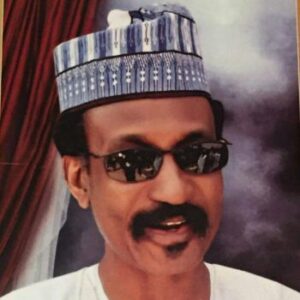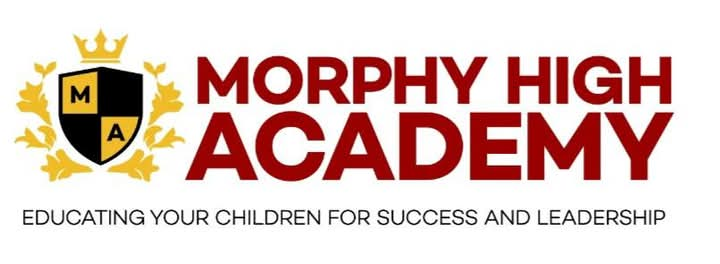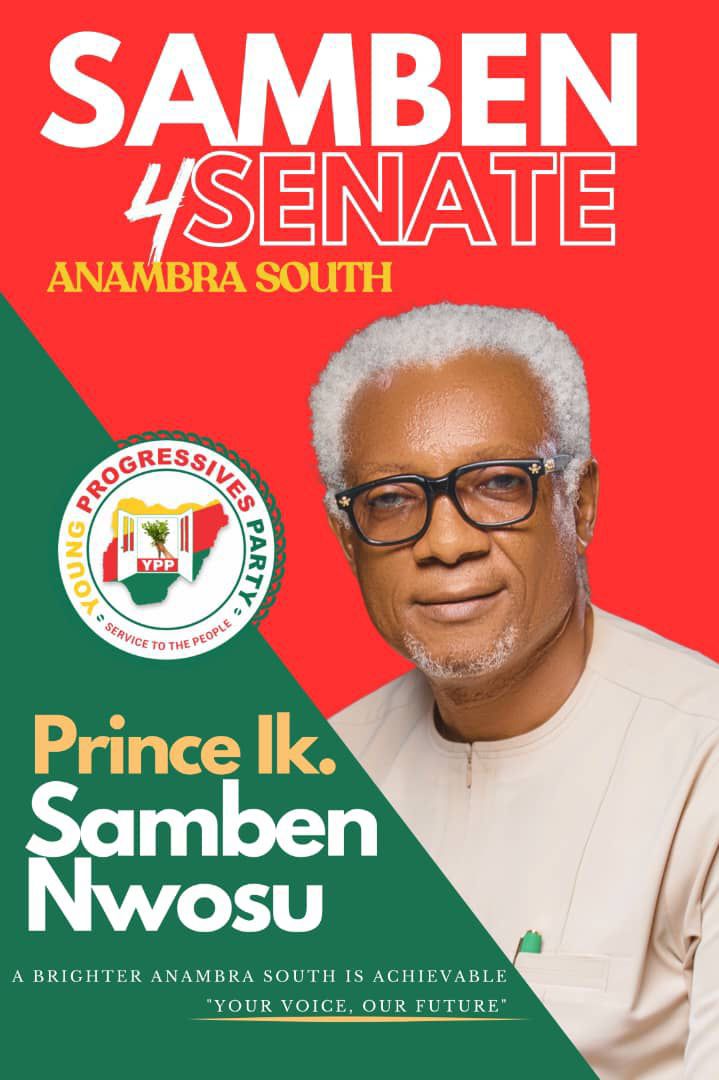
By Col Dangiwa Umar
Towards the end of September 1993, I was summoned to AHQ by the new COAS, Gen. Aliyu Gusau. As soon as I entered the Chiefs office, I sensed that some thing was amiss. Gen. Aliyu wore an unusually stern look. He did not even ask me to sit down when he went straight to the point. He said to me: “Dangiwa, you are my junior brother, I have always taken you into confidence and I am now your Chief. You had been plotting a coup for some time now and you did not tell me. Why? The Minister of Defence has even shown me the coup speech you prepared for him.” How could one start answering such a question?
I retorted by asking since he was not part of the plot, how did he expect me to inform him? I refused to deny anything but I told him that his source, the Minister of Defence, Gen. Sani Abacha was my co-conspirator. He said: “Very well, the DMI (who was then Gen. Ahmed Abdullahi) was outside. Let him take your statement.” I saluted and left. By the entrance was Gen. Ahmed Abdullahi dressed in camouflage uniform. He was with some officers and men of his directorate similarly dressed. The soldiers bore rifles.
I was led into an adjacent room where Ahmed issued me a paper and instructed me to write my statement. I asked on what subject. He said the coup they are talking about. I told Ahmed that in that case, I did not need to write any statement because both the minister and he were fully conversant with the subject and should be able to brief the COAS better. Ahmed told me that he was instructed to take me to Kirikiri after I must have finished writing my statement. He told me also that some reconnaissance battalion commanders had been arrested and brought to Lagos.
I was mad. I felt betrayed. How could anybody think of arresting these principal officers who were only ready to selflessly serve the cause of justice? I pleaded with Ahmed to please help in setting them free. I promised I would take responsibility. Gen. Ahmed was most sympathetic and promised to ensure their safety. But he was simply carrying out his orders clearly against his wish. I have said it earlier that he was pro-de-annulment even if he changed later.
The news of my arrest spread so fast throughout AHQ. Many officers rushed to the Chief’s office to confirm. Those of them who were involved decided to meet Gen. Aliyu. They were led by Gen. Tanko Ayuba and the Chief’s Military Assistant, Col. Jaafara Isa.These officers proved to be the men of great honour and moral courage. They briefed the Chief on the genesis of our struggle and its aim. They confessed that they were also involved as Gen. Abacha and a host of others were. They intimated him of their willingness to give themselves up instead of watching me made a scapegoat.
The general was shocked and near tears when they narrated their story. He called me back and told me that he had been briefed by some officers on my case. He ordered that I stay with the DMI while he went to consult Gen. Abacha. He came back after about 30 minutes and instructed Ahmed to put me under house arrest at the Bauchi State Liaison office where I was putting up. We were driven to the guest house where I stayed overnight under arrest.
I was surprised to get a call from IBB who was informed about my arrest by Gen. Abdulsalam. I didn’t know the telephone number of the guest house so I wondered how he was able to get it. He asked me what was happening and I just told him I was under arrest. I promised to brief him later, which I did when I was mercifully released. I was also told that he was shown the coup speech I wrote for Abacha, which contained among other things, our reasons for toppling his government i.e. to reverse the decision to annul the June 12 election and to swear in the winner of that election.
Ahmed came for me the next morning at 9 a.m.
He took me to the office of the Chief. Wearing a more relaxed look, the General told me that I would be seeing Gen. Abacha by 12 noon. In the meantime, he asked me to join the Chief’s conference, which I was
supposed to attend as still the Commandant of ACCS. At the meeting, Gen. Aliyu jokingly reminded officers that he was only an interim COAS but how prophetic he was manifested about a month and a half later when he was dropped.
At the conference hall, Gen. M.C. Alii pulled me aside and asked what was going on and if I had seen the minister. He expressed shock and disappointment at the turn of events.
Gen. Abacha’s M.A, Col. Yakubu Muazu who was also a member of our group, sent for me when the minister finally arrived at the usual time around 1 p.m. I waited up to 5pm before being called in. I saluted and the General made one eye contact with me and henceforth fidgeted with his papers throughout our discussion, which lasted about ten minutes. He told me in his cracking voice that security misinformed him about my independent plot to topple the ING and assassinate its members.
He was now convinced that there was no truth to this, but since I had earlier applied for voluntary retirement, they had decided to accept.
They had also decided to appoint me as Nigeria’s ambassador to the US and promised to assist me with some oil contracts. When he was through, I thanked him so much for showing leniency and for his offer of appointment which I would reject. I repeated my warning that neither the ING or Gen. Abacha would be able to bury the issue of June 12. Nigeria would rise against them and the international community would impose more sanctions.
He agreed and promised to contact me later. I took my leave and that was the last time I met Abacha. Abacha is now dead and I hold firm beliefs about what fate befalls a person who tells lies against the dead. If I lied against Abacha, may God not have mercy on me. Once again, I apologise to my former colleagues whose names I could not avoid mentioning. This type of story requires witnesses more especially as the main actor, Gen. Abacha is no more.
Once again, my aim is not an attempt at self-glorification, neither am I trying to project myself as a hero of democracy. In fact, as I said earlier, that tide is becoming increasingly meaningless. It is very evident in my story that we were motivated by a genuine desire to serve the cause of justice. We also made an effort to live up our oath as patriotic officers of the Armed Forces. Personal interest was never a consideration…we did what all honourable Nigerians are expected to do under similar circumstances. I, a Hausa Fulani, made a great personal sacrifice in an attempt to ensure that a Yoruba man was justly allowed to exercise his earned mandate.
To me, Nigeria would be a much better place if more people adopted this attitude and became less parochial in their outlook.
Of course, the starting point in this argument is the role of the IBB regime.If it had not annulled the June12 elections, there wouldn’t have been the need for any struggle. But if after it did,Abacha had truly behaved honourably, our first attempt would have succeeded.
This would have happened if some of the politicians, particularly of Abiola’s SDP, did not concede to the annulment, if some of the traditional rulers of South-Western extraction did not visit Aso Rock from where the Oni of lfe briefed the nation, claiming that they were better informed of the issues and that the president made sense, as if calling Nigerians to support the annulment and if Gen. Obasanjo did not support the annulment by his submission that Abiola was not the Messiah that the nation was waiting for. It is easy to see the incalculable damage this statement caused to efforts being made by well- meaning Nigerians to prevail on IBB to reverse the unjust decision.
Gen. Obasanjo at that point was a man of huge international stature. He was the most respected former Head of State both at home and abroad on account of his identification with truth and justice. A word from him against the annulment would have made all the difference. But then he struck the mortal blow.
Believe me, many members of the de-annulment group, including Generals Abacha and Diya, drew attention to the Obasanjo statement to demonstrate that Abiola did not enjoy the support of the political elite and did not therefore merit all the sacrifice we were calling for. Had all these forces opposed the annulment, this country would have been saved from Abacha’s misrule.
For example, there wouldn’t have been the 1995 and 1997 coups or rumours of those coups. There wouldn’t have been the Aziza coup tribunal that condemned Gen. Obasanjo and his deputy to death along with other officers. The Malu tribunal would not have sat with all its public humiliation of highly respected Nigerians. Gen. Yar’Adua, Chief Abiola and his wife, Kudirat, Rewane, Suliat, Bagauda Kaltho and many other faceless victims of the crisis would still be alive.
There would have been no attempt on the life of Pa Adesanya, Chief Gani Fawehinmi, Beko Kuti, Balarabe Musa, Nosa Igiebor, Chris Anyanwu, Ben Obi, Olisa Agbakoba, Ayo Opadokun, Osa Director, Arthur Nwankwo and a host of others would have been saved the harrowing experience of Nigerian jails.
There wouldn’t have been the need for Gen. Akinrinade, Commodore Dan Suleiman, Prof. Wole Soyinka, Bola Tinubu, Prof. Bolaji Akinyemi and a host of others to go into traumatising exile, leaving behind their loved ones and their investments unattended to.
But then, personal interest made for these tragedies. It is therefore not difficult to see why the heroes of that struggle are not even recognised by the system, which their painful struggle helped to bring about. Once again, we are the enemies. How tragic indeed! (See SUN of March 28 and 29, 2004).





